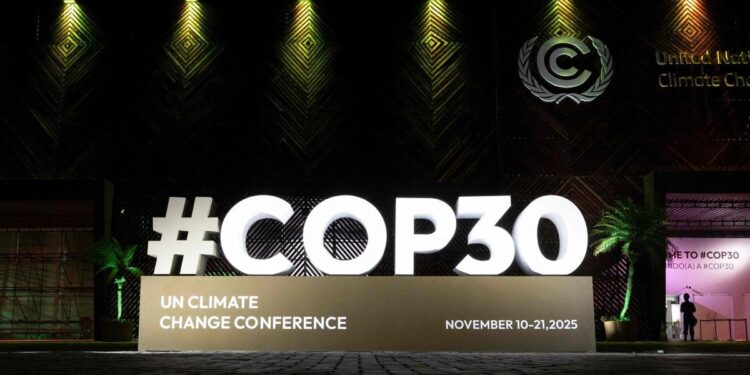Cop30 negotiators reached a fragile but significant agreement in the final hours of the summit, narrowly avoiding a collapse after Saudi Arabia made a last-minute decision to sign a deal targeting the role of fossil fuels in global warming. Though the language was softened to secure unanimous backing, the agreement marks the first time a Cop outcome has explicitly placed the future of fossil fuels at the centre of international climate commitments.
A breakthrough forged through compromise
Throughout the summit, talks had stalled over how directly to address fossil fuel production — a subject long resisted by several major oil-producing nations. Delegates said progress was only unlocked after negotiators crafted oblique but firm wording that calls for “accelerated efforts toward transitioning away from fossil energy systems”, without imposing explicit phase-out deadlines.
Saudi Arabia, which had previously threatened to block the draft, ultimately accepted the compromise minutes before the scheduled close. The shift allowed the deal to pass unanimously, preserving the integrity of the Cop process.
Historic shift in climate negotiations
Despite the careful phrasing, analysts noted that the agreement represents a significant departure from previous summits, where references to fossil fuels were largely sidestepped or diluted.
Climate experts described the outcome as a symbolic turning point: the first collective acknowledgment by all participating nations that reducing reliance on coal, oil and gas must underpin the global climate strategy.
While the deal stops short of the strong language many nations had sought, its inclusion is widely seen as a step toward more explicit commitments at future summits.
Deep divisions overshadow the celebrations
The summit exposed persistent divisions between wealthy nations, emerging economies and major hydrocarbon producers. Countries most vulnerable to climate impacts argued that the softened terms do not reflect the urgency of rising temperatures, extreme weather and resource stress.
Several European and Pacific leaders expressed disappointment at the absence of enforceable timelines, warning that the reliance on vague language risks slowing global progress.
But negotiators also acknowledged that without compromise, there would have been no agreement at all — a scenario widely feared given the escalating geopolitical tensions shaping global diplomacy.
Pressure intensifies on the fossil fuel industry
Even without explicit phase-out commitments, the deal sends a clear political signal. Fossil fuel companies are now under greater scrutiny than at any previous Cop summit, with the agreement paving the way for closer monitoring of emissions, production expansion and investment decisions.
Market analysts said investors may increasingly scrutinise long-term oil and gas projects, anticipating tougher global regulatory frameworks in the years ahead.
Looking ahead to implementation and ambition
Attention now turns to how governments interpret and implement the new commitments. Many are expected to revise national climate plans, adjust energy strategies and increase support for renewable technologies ahead of Cop31.
Observers emphasise that the credibility of the Cop process depends on whether the compromise reached in the final minutes of Cop30 catalyses concrete action or simply delays harder decisions.
Newshub Editorial in South America – 2025-11-25



Recent Comments